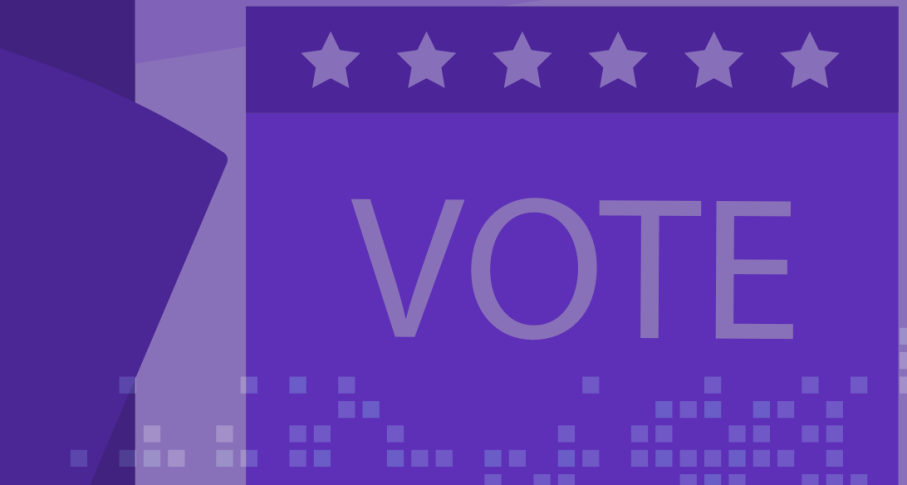
As Uganda heads to presidential and parliamentary elections in January 2021, digital communications have taken centre-stage and are playing a crucial role in how candidates and parties engage with citizens. The country's electoral body decreed in June 2020 that, due to social distancing required by COVID-19 standard operating procedures, no physical campaigns would take place so as to ensure a healthy and safe environment for all stakeholders. Further, Parliament passed the Political Parties and Organisations (Conduct of Meetings and Elections) Regulations 2020, which aim to safeguard public health and safety of political party activities in light of the COVID-19 pandemic and, under regulation 5, provide for holding of political meetings through virtual means. The maximum number of persons allowed to attend campaign meetings was later set at 70 and then raised to 200.
The use of the internet and related technologies is growing steadily in Uganda with 18.9 million subscribers, or 46 internet connections for every 100 Ugandans. However, radio remains the most widely accessible and usable technology with a penetration of 45%, compared to television at 17%, and computers at 4%. For the majority of Ugandans, the internet remains out of reach, particularly in rural areas where 75.5% of Ugandans live. The current election guidelines mean that any election process that runs predominantly on the back of technology and minimal physical organising and interaction is wont to come upon considerable challenges. Given Uganda's history of curtailing usage of digital technologies during elections (including through websites blockage, SMS censorship, mobile money and social media shutdowns), and prosecution of various individuals that published opinions critical of the government, a level playing field for technologically-aided elections cannot be guaranteed.
Will the 2021 elections see government organs leverage incumbency to appropriate the power of technology to their self-serving interests? Or will they allow fair, meaningful, and transformative use of technology in the elections? This brief highlights the likely play-out of Uganda’s so-called “scientific election” - one that is tech-based and honours the COVID-19 standard operating procedures (SOPs), and what it means for electoral democracy in the country.
To read the full report by CIPESA, click here.